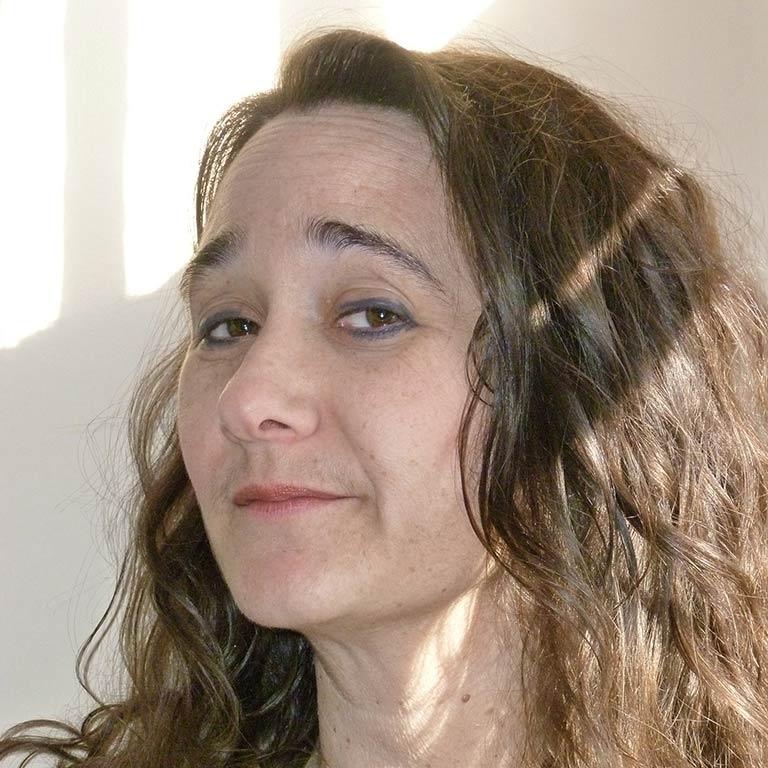“When we talk about climate change, biodiversity loss and desertification, we are talking about the symptoms of the insatiable quest for economic growth and inequities that keep people who contribute the least to these problems suffer the most,” said Susan Chomba during her keynote address to the International Society of Tropical Foresters Conference. “We must recognize that human beings are living in an interconnected world.”
The conference, which was held Thursday through Saturday at the Yale School of Forestry & Environmental Studies, was titled “Restoration for What and for Whom? Shifting the Paradigm in Tropical Forest Management.” The International Society of Tropical Foresters Conference is the longest running student-led conference at Yale University and the largest at F&ES. Participants included academics, practitioners, policy-makers, activists, artists and journalists who all wished to explore equitable and effective approaches to ecological restoration at a “critical moment for tropical forests and their inhabitants,” according to conference co-chair Blanca Begert FES ’20.
The conference was organized by Yale’s student chapter of the International Society of Tropical Foresters, originally created as part of a network of natural resource professionals concerned with tropical resource management in 1989. The theme for this year’s conference focused on the need for rapid change to restore tropical ecosystems and create a more just society.
“We need to acknowledge our complicity in ecological degradation and the root causes at play,” said Rebecca Lave, a speaker at the event. “Concepts carry historical baggage with them. Our scientific findings are social and so are their impacts in the world.”



